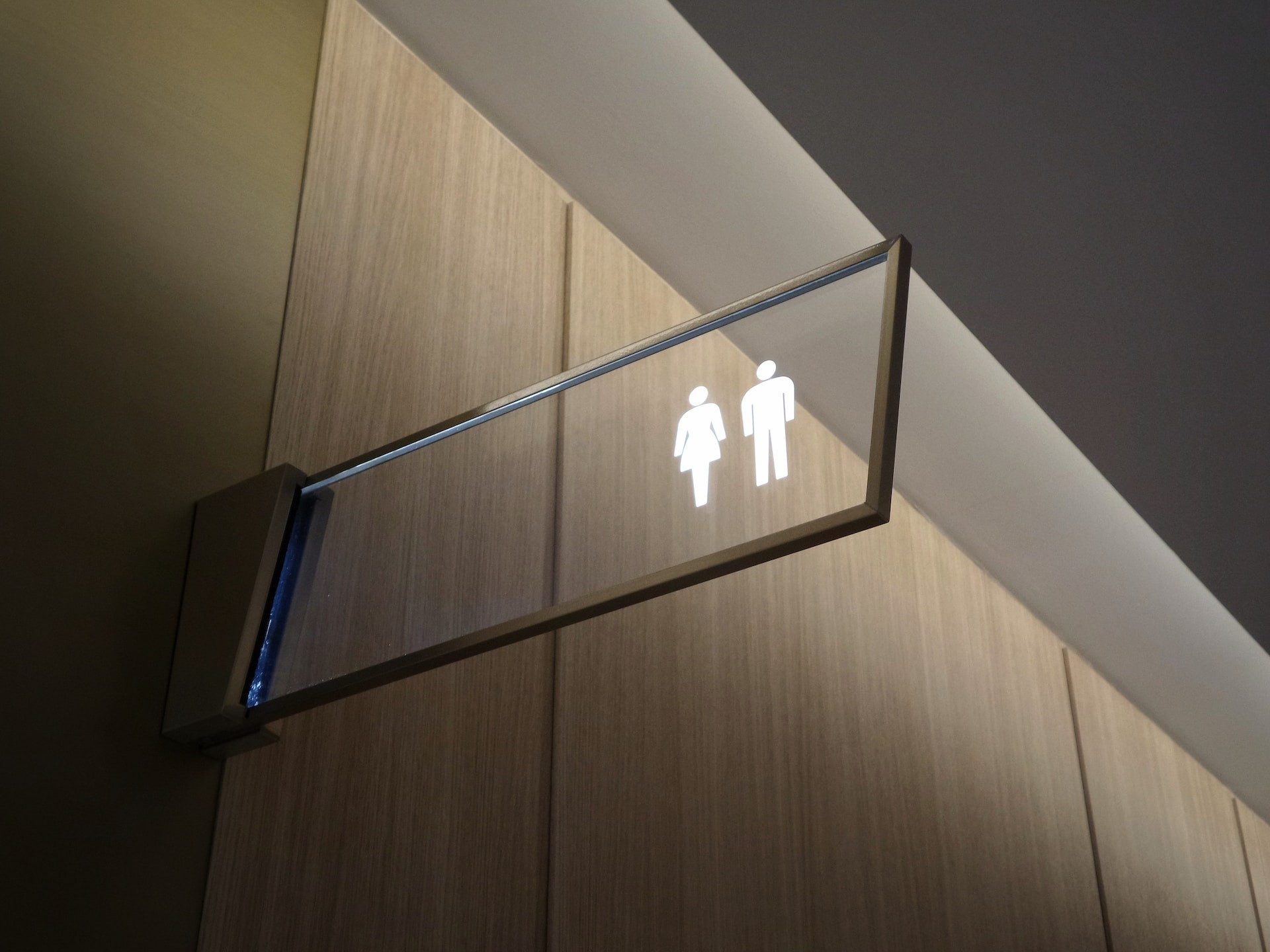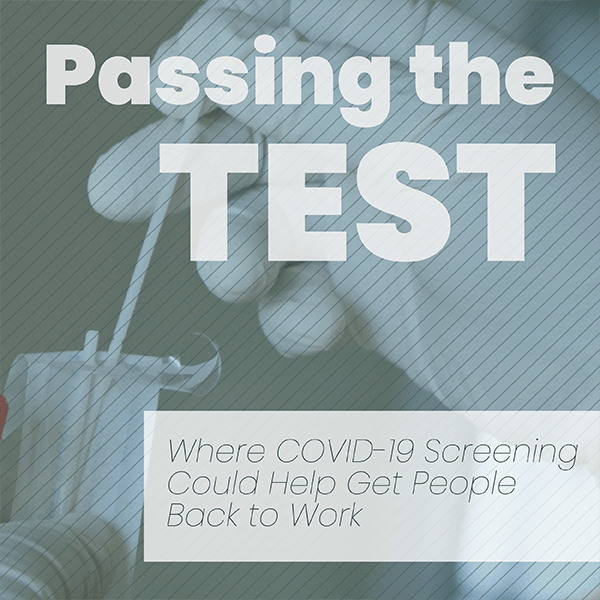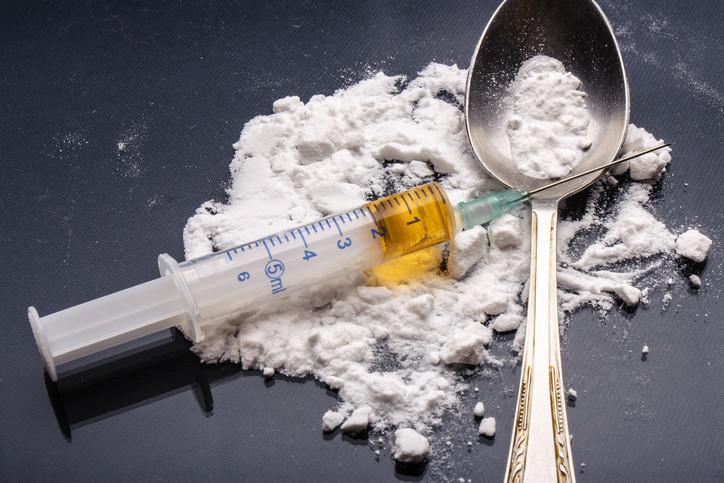US Drug Test Centers Blog
What is the Specific Gravity of Urine? | US Drug Test Centers
Like many substances, urine is made up of different components. If you (or an employee) undergo a drug test, being able to understand what makes up your urine � and in what quantities � is important in order to obtain accurate test results. This is where urine-specific gravity comes into play.
What is a Urine-Specific Gravity Test?
This laboratory test determines the total concentration of the various chemical particles in a urine sample. A urine-specific gravity test is conducted automatically with almost all urinalysis testing.
There are two main reasons why the specific gravity of a urine sample might need to be checked.
Dilute Urine Can be Signs of Tampering
Sometimes, if an individual is trying to "cheat" a drug test, they might water down their urine sample.
By diluting the urine concentration, the hope is that any illegal substances they have consumed will also be diluted and, therefore, the drug test won't be able to pick up on them.
However, this is where the urine-specific gravity test helps. If the urine concentration indicates that the sample has possibly been diluted, then the results will indicate lower specific gravity. We'll talk more about the levels in a moment.
If these results are unbalanced, then a re-test will likely occur.
Dilute Urine May Indicate Trouble with the Kidneys
Your kidneys play a crucial role in maintaining your health. A key function they perform is eliminating waste products from your system. They achieve this by producing urine!
Yet, occasionally, the kidneys might expel an excessive amount of water in the urine. This could indicate a problem with how well your kidneys are working.
If you suspect you might be having problems with your kidneys, it's important to consult with your doctor or healthcare provider.
Several other elements can influence the concentration of urine. We'll discuss these in more detail later!
What Exactly is a Low Urine-Specific Gravity Measurement?
So, you now know that if the urine concentration is off, it could be indicative of a tampered-with urine specimen. What will those urine test results look like?
Well, consider that a normal urine-specific gravity is around 1.005 to 1.030 (although some sources put the lower range at 1.020). If the urine-specific gravity test returns anything below 1.005, this indicates low urine-specific gravity.
It could mean that the specimen was diluted/tampered with, or that the individual chugged water shortly before their urine-specific gravity test.
What if the Individual Just Drank Too Much Water?
Yes, the urine-specific gravity test could be interrupted if the individual consumed a large amount of liquids before providing a sample. More specifically, it would take somewhere in the neighborhood of 24 to 36 ounces of water (consumed all at once) to successfully dilute urine. In just a half-hour, this could dilute the sample tenfold, and the results could last for hours.

However, as we said earlier, this is exactly what the urine-specific gravity test is for and it's almost always included in urinalysis. If the results are outside of the normal range, the individual might simply be asked to submit another sample after they've reduced their fluid intake.
Also worth noting is that you don't need to engage in water deprivation to avoid a flawed specific gravity. Drinking enough fluids is vital to feeling great and allowing your kidneys and the rest of your body to continue functioning properly. Stay well hydrated, even in the days leading up to your test.
If you're concerned about drinking too many fluids and testing outside the normal range for specific gravity, talk to your specimen collector for guidance.
What Else Could Impact Urine-Specific Gravity?
While these scenarios are less common, they could still lower the urine-specific gravity of a specimen.
Fluid Therapy
Fluid therapy helps to quickly replace the water and electrolytes in a person's body. This might be necessary if, for example, someone is in the advanced stages of dehydration, which can lead to kidney failure, brain damage, and even death.
Understandably, this could cause the urine-specific gravity to be far outside the average range.
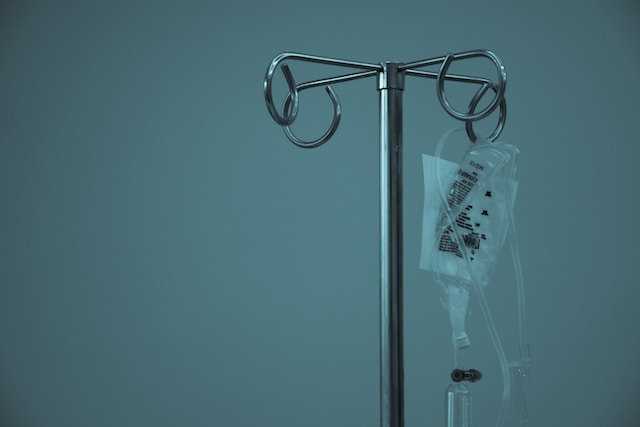
Glucocorticoids
These are medications that fight inflammation and support the immune system. Glucocorticoids can increase water diuresis, which is the urine flow/output.
This means that the kidneys produce more urine to help balance out the water content of the body.
Diuretics
Diuretics are over-the-counter or prescription medications that help to reduce salt and fluid buildup in the body. They accomplish this by making the individual produce urine more.
Aside from impairing specific gravity, diuretics can have other side effects. So, you shouldn't take them without speaking to a healthcare professional first.
Renal Disease
Renal disease happens when chronic kidney disease reaches an advanced state. (Chronic kidney disease means that over time, kidney function has declined.) With the renal function struggling so much, the specific gravity can be much lower than desired.
If you have upcoming urinalysis or drug testing and you're worried that certain medications or supplements might impact the specific gravity, speak with a healthcare professional or the collector for further guidance.
What About a High Urine-Specific Gravity?
Opposite of low specific gravity, we also encounter high urine-specific gravity. This could happen as a result of dehydration. In this case, the individual should consume more fluids.
If dehydration is causing highly concentrated urine, remember that this can also happen due to diarrhea or vomiting � both of which eliminate fluid from the body at a faster rate. Drink up!
Highly concentrated urine can also happen when there is too much glucose, protein, or red or white blood cells in the urine. This could make the specific gravity greater than what it would otherwise be.
How We Identify an Abnormal Specific Gravity
If you're an employer requesting a drug test (or an employee taking a test), how can you ensure that the specific gravity is within range?
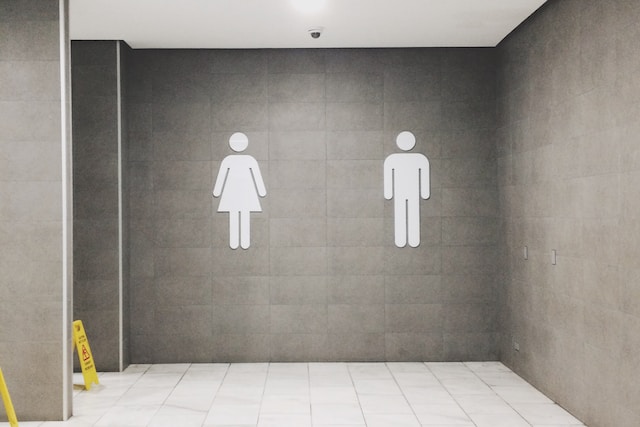
At US Drug Test Centers, we handle that for you.
We ensure accurate results by only working with SAMHSA-certified labs. This type of lab is held to very strict standards when it comes to its equipment and processes. An example of a SAMHSA-certified lab is Quest Diagnostics.
Furthermore, the results for all drug and alcohol tests are verified by a medical review officer (MRO), who is a licensed physician.
The MRO can help determine why the specific gravity of the urine is out of range, whether it's due to tampering, kidney issues, medication, etc.
Learn more about our urine drug testing services, or order your test online today.
If you suspect your renal function might be suffering or you're concerned about your kidney health, speak with a provider to get answers!�




